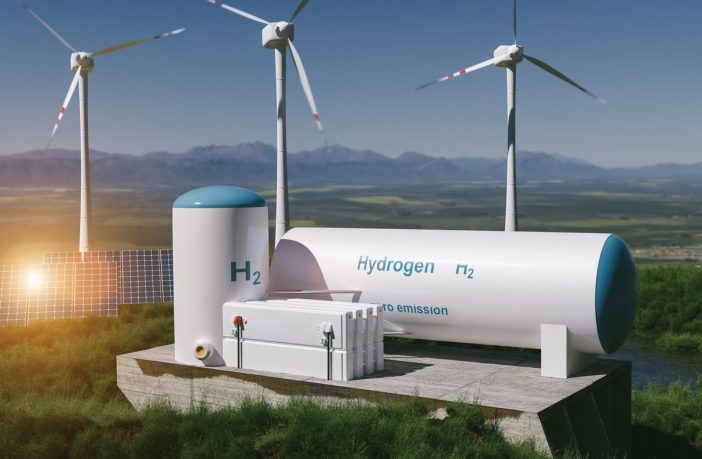- Hydrogen fuel is a zero carbon fuel burned with oxygen.
- Hydrogen fuel propels rockets into space.
- With many governments around the world ploughing money into hydrogen production and distribution projects, here are some answers to frequently asked questions about this clean fuel.
Why is hydrogen so important?
It’s a super-versatile energy carrier with exceptional energy density (MJ/kg). It can be a fuel to supplement or displace others in transportation, heavy industry, buildings, energy grids and many other applications. Around 70 million metric tonnes are produced worldwide, primarily for the chemicals market. Explore the global hydrogen landscape.
How is hydrogen produced?
The vast majority (99.6%) currently comes from hydrocarbons. Around 71% is grey hydrogen, produced via the reforming of natural gas to produce CO2 and hydrogen. Most of the rest is brown hydrogen, from coal via gasification.
A small portion is blue hydrogen, a lower-carbon alternative that pairs natural gas reforming with carbon capture and storage (CCS). But CCS isn’t yet widely commercial.
Related news: Hydrogen will power Japan’s Olympic village
What’s green hydrogen?
Green hydrogen is produced from water by renewables-powered electrolysis. Its green credentials will make it critical for difficult-to-decarbonise industries like steel – but in 2020 it only constitutes 0.1% of global hydrogen production. Green Hydrogen is not that cheap and the production cost varies per method. The economics are a challenge. Read Future energy – green hydrogen to find out more.
Will green hydrogen overtake other forms of production?
The pipeline of new projects is growing fast. We’re seeing larger integrated energy, industrial and financial players advancing innovative new projects, with the tailwind of net-zero carbon policy at their back.
Author: Bryan Groenendaal
Source: Woodmac















